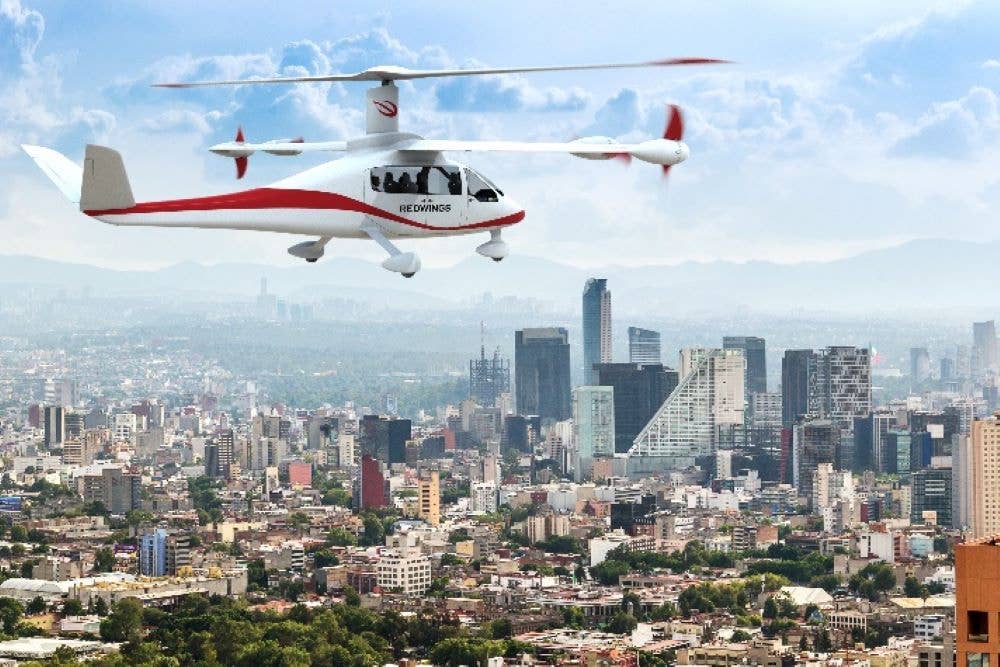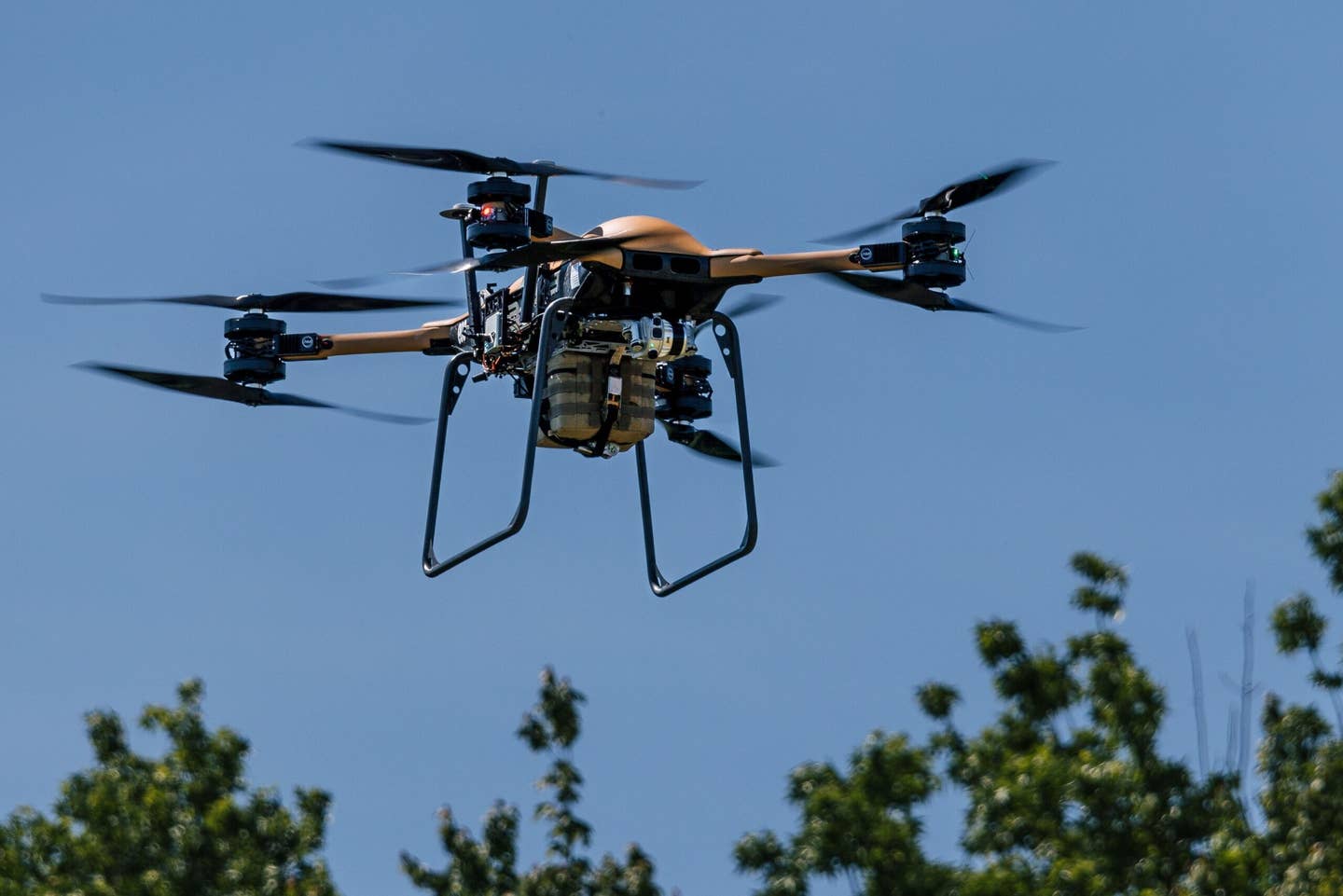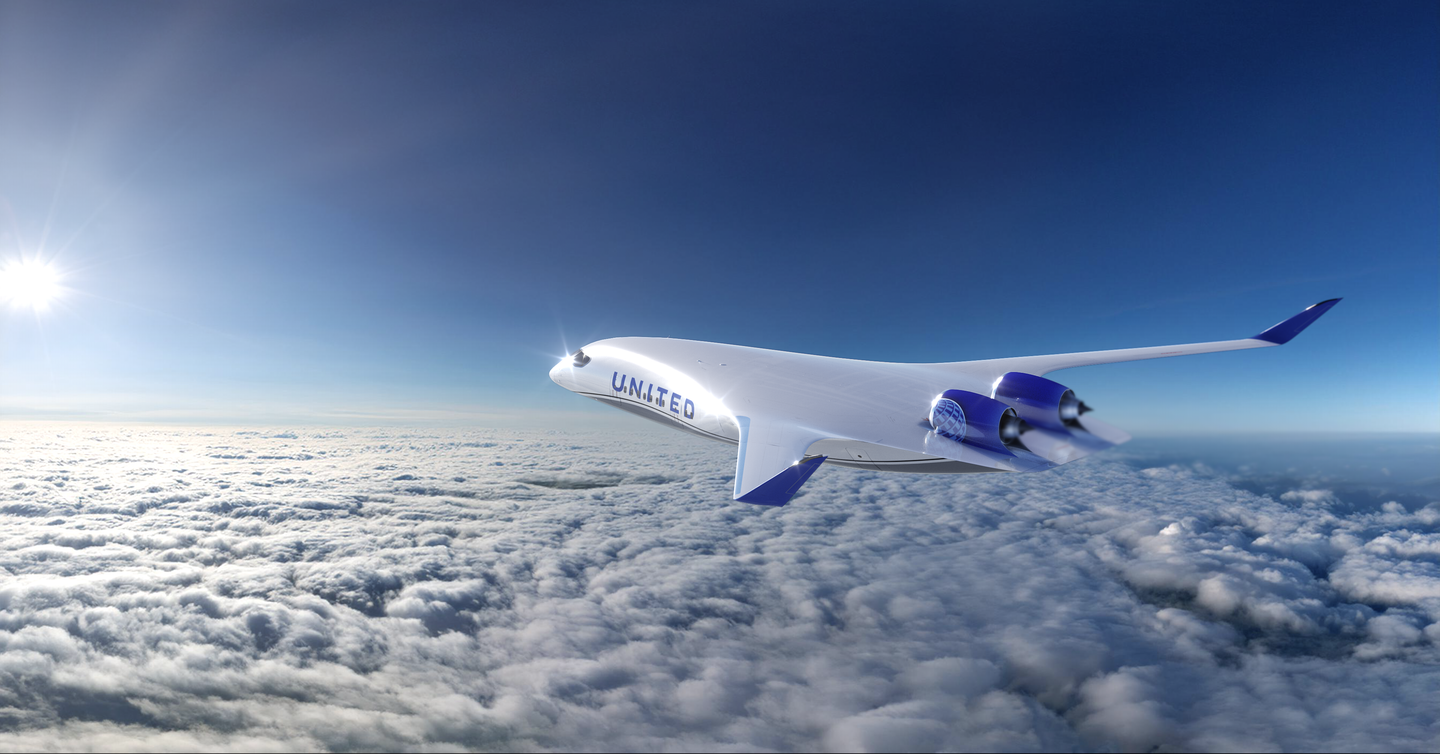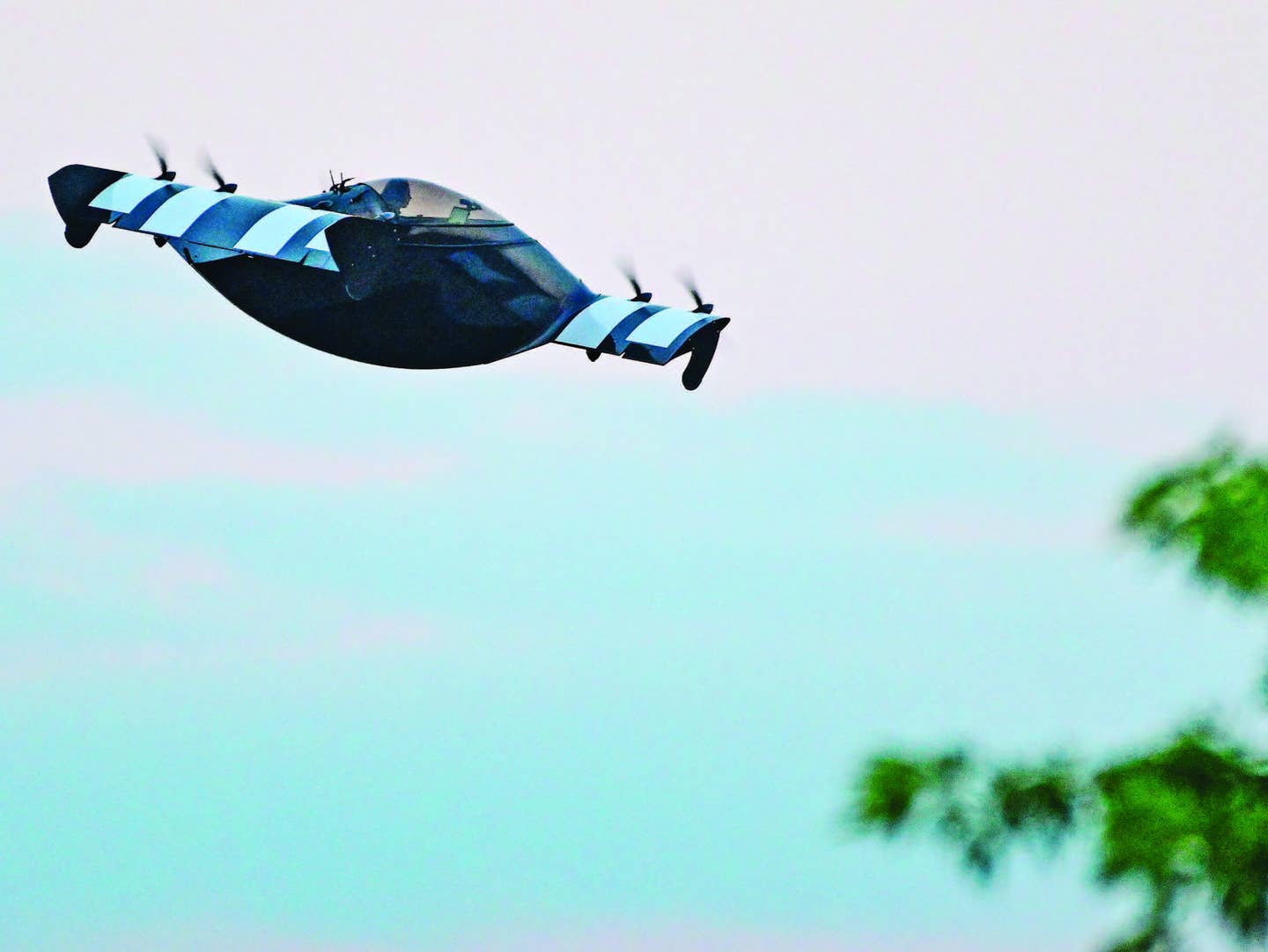Mexico’s Redwings to Purchase up to 20 Jaunt eVTOL Air Taxis
Jaunt now has a presence in Mexico, the U.S., Canada, South Korea, and India.

A rendering depicts a Redwings-branded Jaunt eVTOL aircraft soaring over Mexico City. [Courtesy: Jaunt Air Mobility]
Jaunt Air Mobility is taking more than a jaunt into Mexico.
The Dallas, Texas-based air taxi manufacturer on Wednesday signed a letter of intent with Redwings, a Mexican private jet operator and fixed-base operator, that would see the latter purchase up to 20 Journey electric vertical takeoff and landing (eVTOL) air taxis. Redwings intends to buy 10 aircraft but will have the option to acquire 10 more.
The agreement also calls for a strategic collaboration between the two firms to launch an air taxi service in urban markets, beginning with Mexico City. Currently, the company flies private and luxury jets and helicopters out of its FBO terminal at the Querétaro International Airport (MMQT).
Redwings got its start providing maintenance, repair, and overhaul services, which it still offers. But now, having flown more than 40,000 to destinations in Europe, Africa, Asia, and the Americas, the firm is searching for a high-speed, low-carbon air transportation system.
“The elevation of Mexico City at 7,349 feet is higher than Denver, Colorado, and presents challenges for many VTOL aircraft operating at this altitude,” said Bernardo Moreno, president of Redwings. “The Journey's highly efficient vertical flight capability enables this aircraft to operate at altitude with no performance limitations.”
Journey is an all-electric, zero-emissions eVTOL aircraft, but it is not autonomous. It can fly up to four passengers—not including the pilot—over distances up to 120 miles and around urban areas, thanks to its ability to take off and land in tight spaces. It can also be reconfigured to transport cargo and conduct emergency operations.
Journey is equipped with a unique safety feature, a patented “slow rotor compound” that lets it glide or “autorotate” gently to the ground in the event of power loss. That same technology is responsible for shifting the aircraft from vertical lift to cruise, reducing noise and drag.
And much of Journey’s tech can be repurposed—Jaunt estimates that 90 percent of the aircraft will be recyclable at the end of its lifecycle.
“Journey's exceptional main rotor technology with low rotor disc loading and tip speeds will provide Redwings with high efficiencies in vertical flight at high altitudes,” explained Simon Briceno, chief commercial officer of Jaunt.
With its headquarters in the U.S. and its design and manufacturing plant based in Canada, Jaunt now has a presence in the three largest markets in North America. But its collaboration with Redwings is just the latest in a series of new market entries for the firm.
Last June, Jaunt agreed to its first sales in the Canadian market, signing a LOI with Vertiko Mobility for the purchase of up to 95 Journey aircraft. The agreement is expected to convey into a contract in 2025, by which point five vertiports will need to have been built to support the operation, Jaunt estimated.
A few months later, the firm nabbed another LOI with South Korea's MintAir to deliver a further 40 aircraft and establish an air taxi network in several Korean markets. The agreement would also make MintAir Jaunt’s exclusive advanced air mobility partner in that market.
But the biggest news for Jaunt came a month ago when charter flight platform Blade India signed a tentative deal to buy up to 250 Journey air taxis. That agreement is Jaunt’s largest to date, and it would grant the firm access to the massive Indian market—one that’s rife with urban and advanced air mobility startups.
“Jaunt now has customers throughout the Americas, Europe, and Asia. At the end of the day, we are highly confident in the Journey's operational capabilities and our path to certification,” said Briceno.
Briceno and Jaunt are working to certify Journey in Canada first, hoping that it will receive approval sooner than the Federal Aviation Administration would be able to provide one.
“They’re a little busy,” Briceno told Aerospace America, referring to the FAA.
Chief Operations Officer Jesse Crispino, a former U.S. Navy helicopter test pilot, added that the firm is targeting FAA type certification by the end of 2026—and entry into service soon after. With several purchase agreements lined up, Jaunt should have a runway to commercial deployments once certification is secured.
All of this bodes well for Jaunt parent company AIRO Group, which last month merged with special purpose acquisition company Kernel Group in a move that would take the firm public. AIRO is also the parent of Aspen Avionics, Skywatch, Coastal Defense, and Agile Defense.

Sign-up for newsletters & special offers!
Get the latest FLYING stories & special offers delivered directly to your inbox






